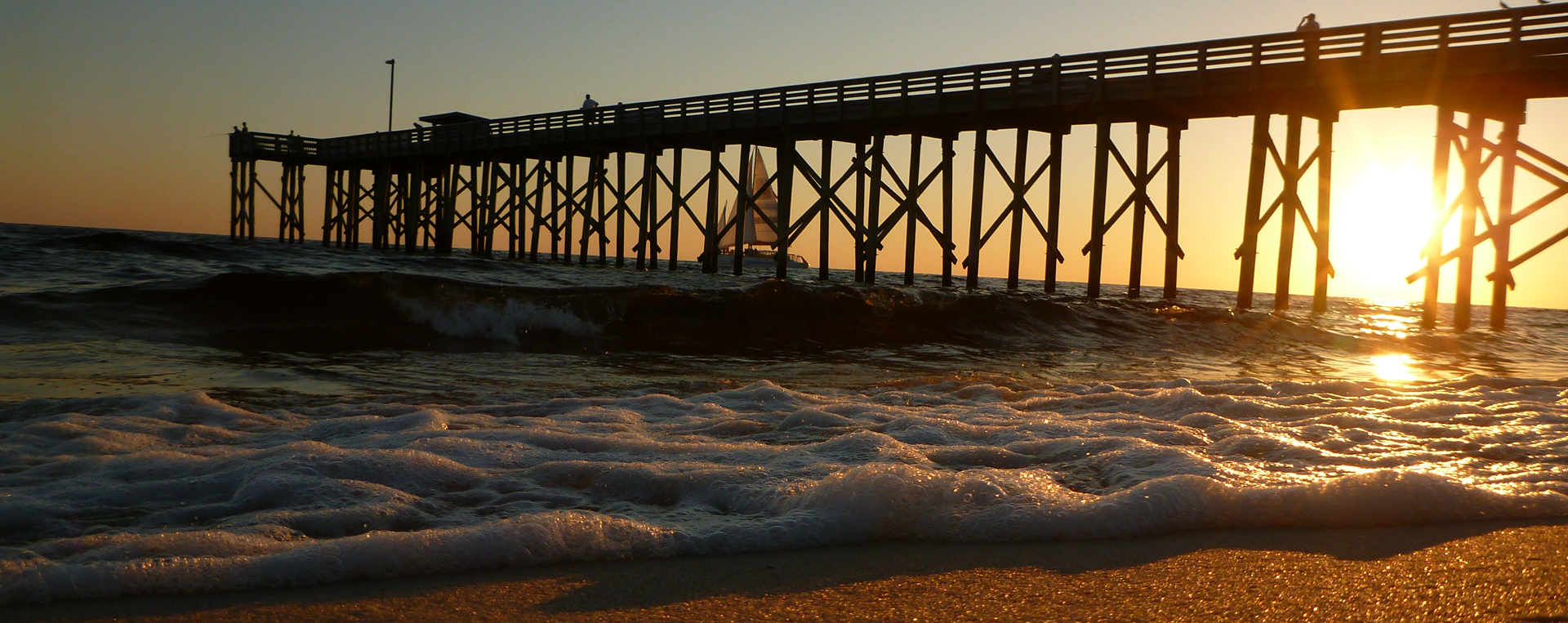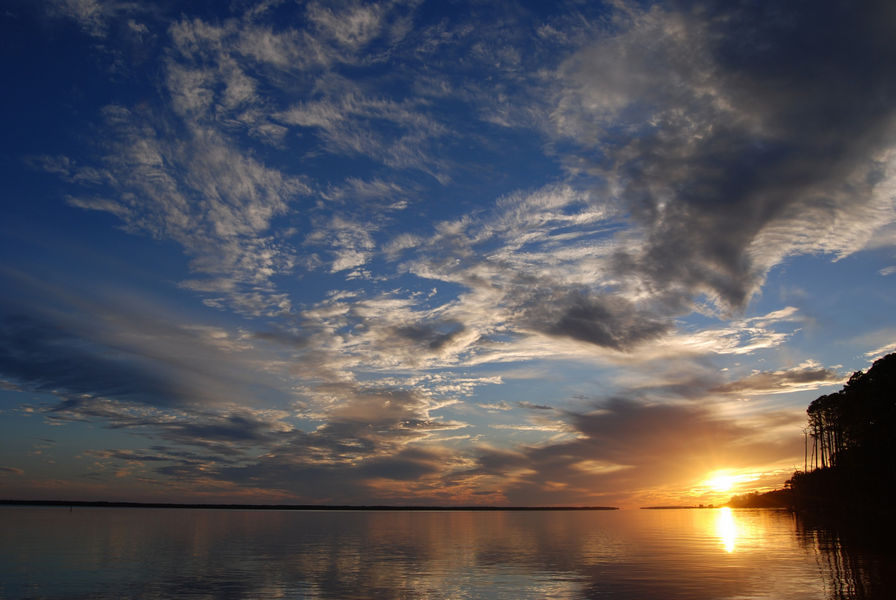The Statewide Ecosystem Assessment of Coastal and Aquatic Resources (SEACAR) - a program in the Florida Department of Environmental Protection's Office of Resilience and Coastal Protection (RCP) - is a collaborative process using current knowledge of coastal processes and scientific data obtained from inventory and monitoring programs around the state to provide the best available science to guide management, planning and restoration efforts. The project will provide status and trends reporting through web-based access to data and assessments and a tiered reporting format for a variety of audiences.
SEACAR Project Team
Cheryl received a bachelor of science degree in Biodiversity and Conservation Biology from Cedar Crest College and began her career in the field, conducting research in both upland and estuarine environments. In 2008, she accepted a position with Florida Department of Environmental Protection at Estero Bay Aquatic Preserve Office and in 2016, she transferred to Tallahassee to lead the SEACAR project. Cheryl works closely with the SEACAR Resource Assessment Teams and the Steering Team to ensure the project is being successfully implemented and providing the best available science to inform management and policy decisions.
Steve is a paleoecologist and conservation scientist, specializing in mollusks, especially the eastern oyster (Crassostrea virginica). He started working for RCP in fall 2017 as a Science Policy Fellow and was hired as a Research Scientist in fall 2018. His research uses recent sedimentary and fossil records, often in combination with data on living organisms, to: 1) increase our understanding of long-term ecological patterns and processes and 2) provide longer-term historical perspectives on variables important to habitat management. As a member of the SEACAR team, Steve serves as a subject-matter-expert for the oyster habitat portion of the assessment and leads the Historical Oyster Body Size (HOBS) Project.
Tyler received a Bachelor of Science in Biological Sciences from Florida State University, and further developed his analytical ability while obtaining a Certificate in Data Analytics and Visualization from Georgia Institute of Technology. In 2023 he accepted a position at Florida Department of Environmental Protection within the Florida Coastal Management Program. Since joining, Tyler has made use of his background in programming and statistics to provide visualizations, in-depth reporting, and QA/QC for the SEACAR team.
Michael is an ecologist who has studied morphological and behavioral responses to variation in physical and social environments. He has undertaken projects on vertebrate and invertebrate taxa across the US, including research in Hawaii, Arizona, Virginia and his home state of Florida. Michael joined the SEACAR team in the Spring of 2024 and hopes to contribute to the preservation of Florida’s natural beauty and wealth.
Zoe Ruben, M.S. – National Academies Gulf Research Program Science Policy Fellow
Zoe received her M.S. in marine biology with a focus in coral reef ecology and genetics and her B.S. in environmental science with a concentration in marine and coastal resources and a minor in technical and professional writing from Texas A&M University – Corpus Christi (TAMU-CC). During her undergraduate career, she worked for the Center for Water Supply Studies and the Genomics Core Laboratory at TAMU-CC. These research opportunities spanned the disciplines of hydrogeology, geochemistry, and evolutionary biology, and allowed Zoe to conduct research in South Texas, Mexico, and the Philippines. Prior to entering graduate school, Zoe interned with the Coral Health and Disease Program at Mote Marine Laboratory and Aquarium, where she assessed coral susceptibility to Stony Coral Tissue Loss Disease. As a member of the team, Zoe is eager to use her background to aid with coral reef data management and science communication for the SEACAR Project.



